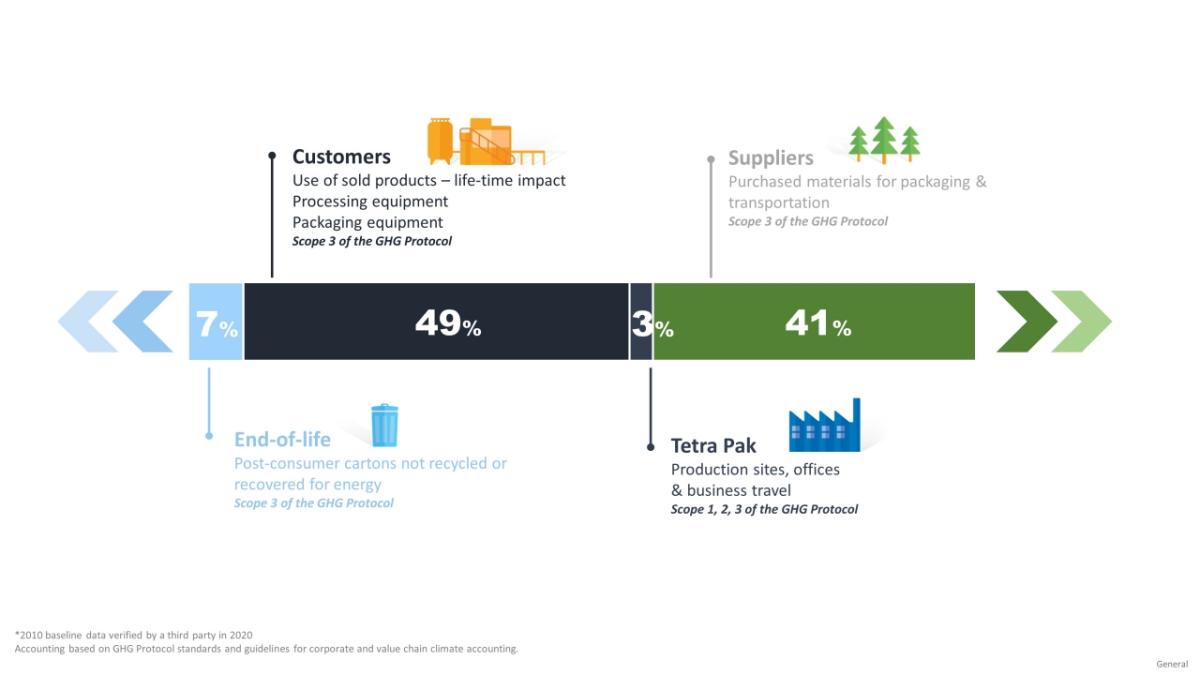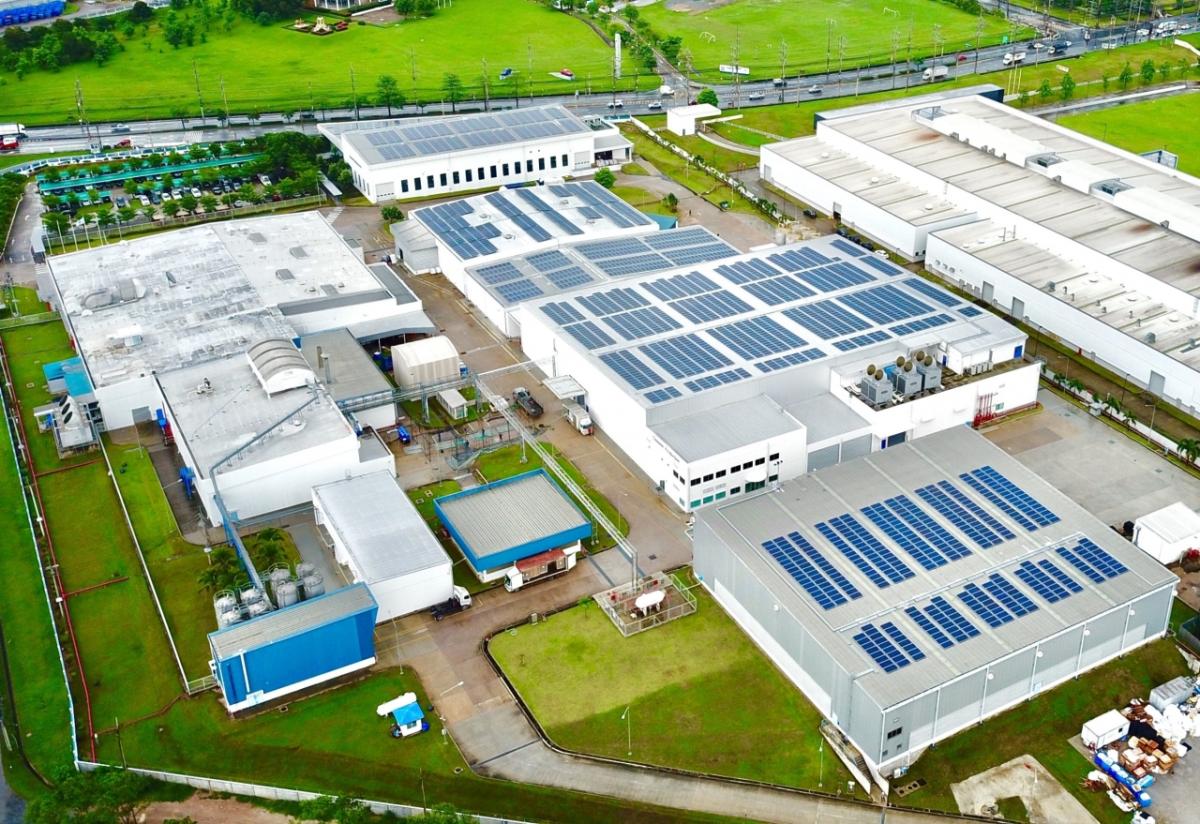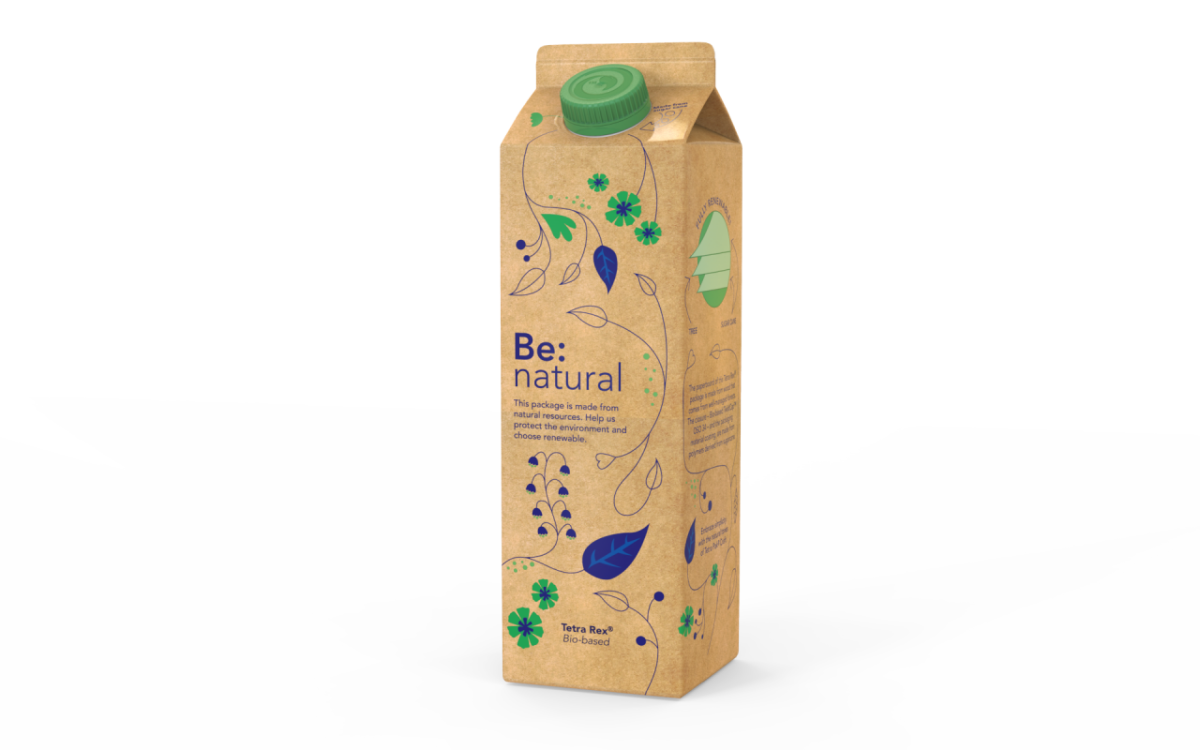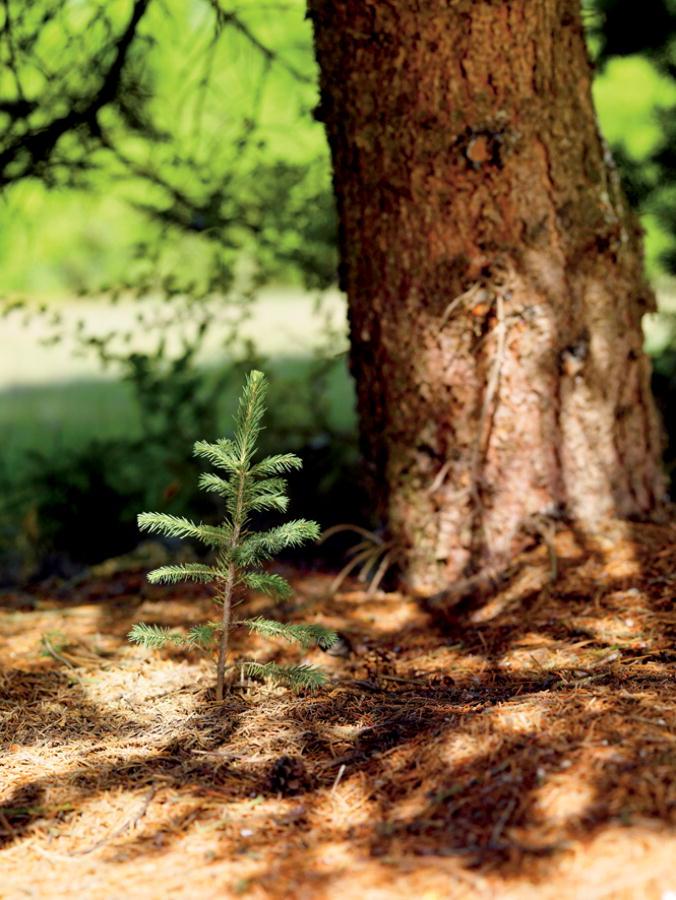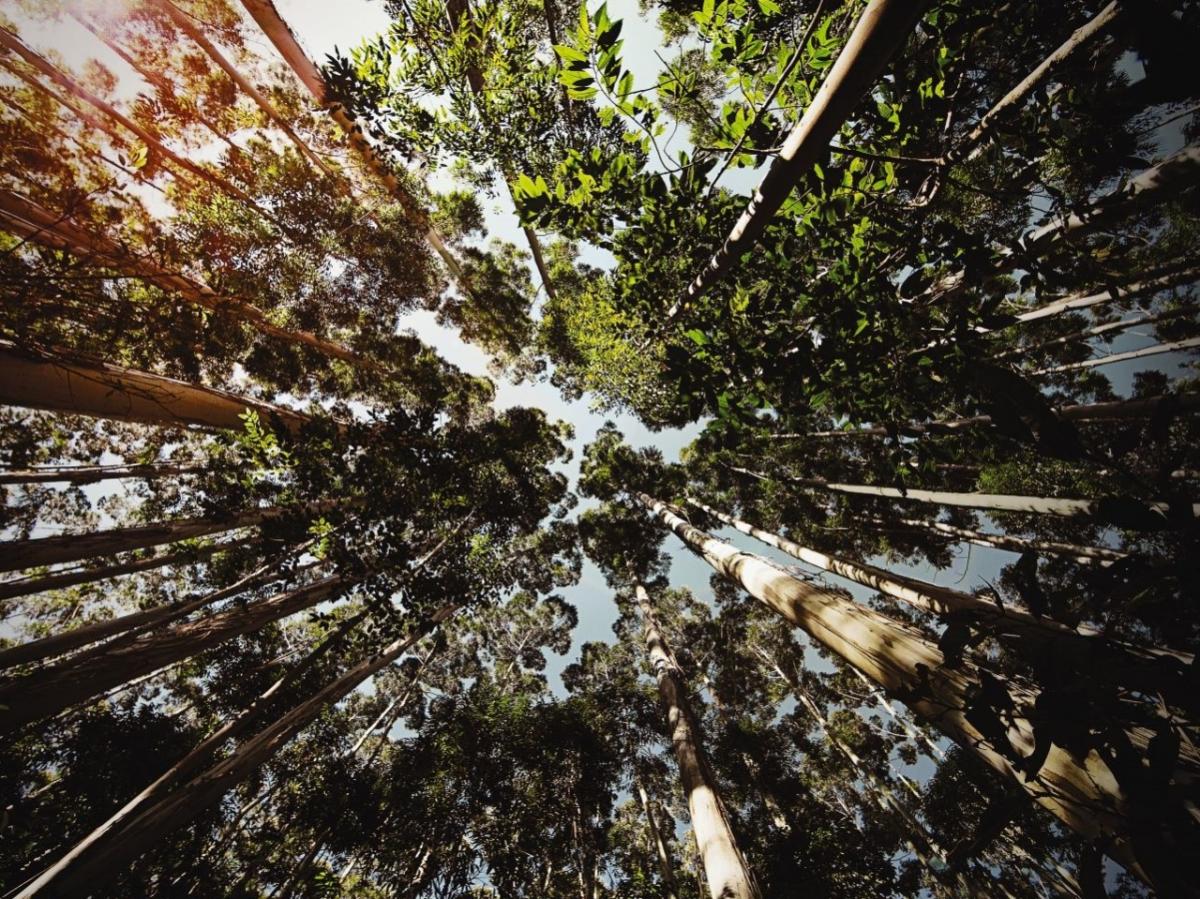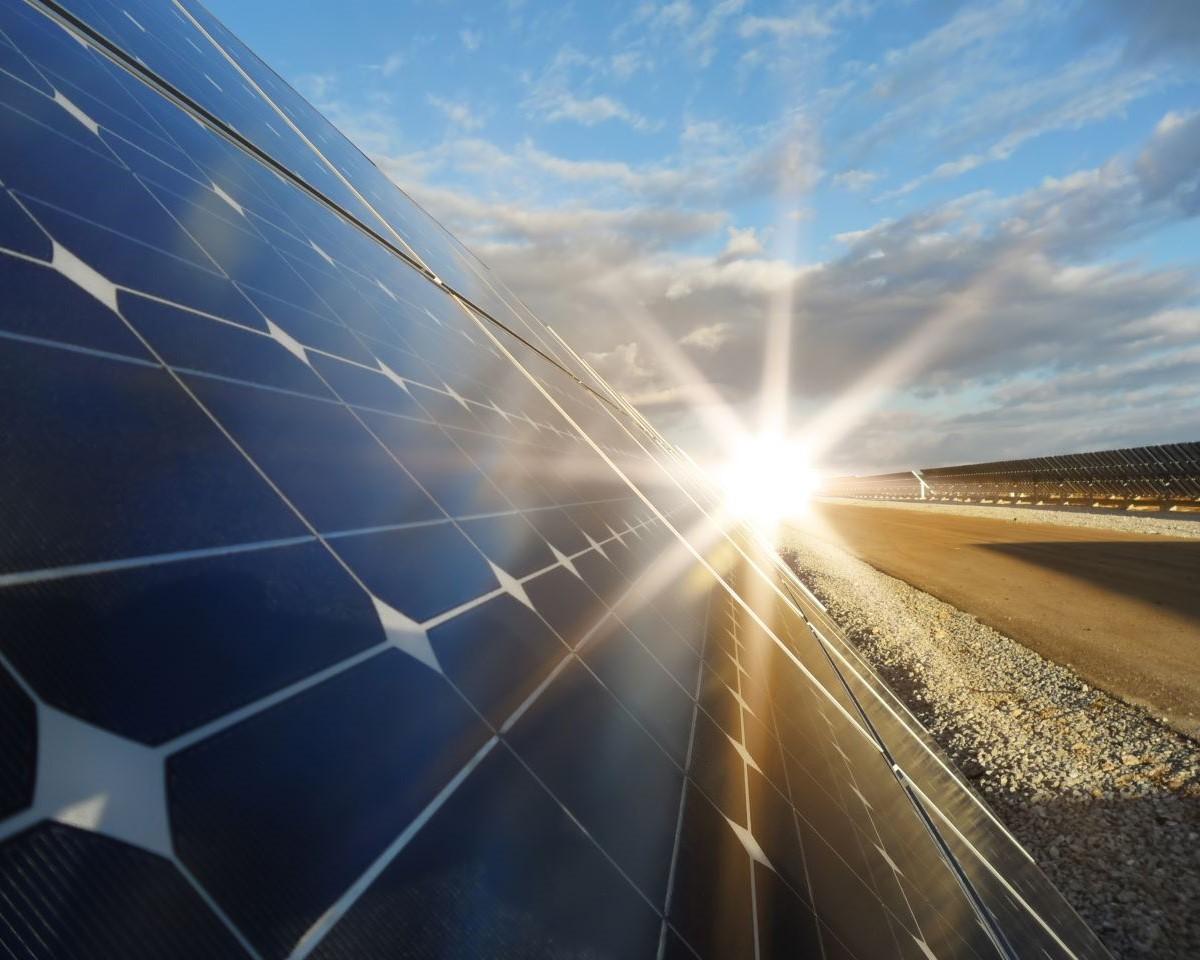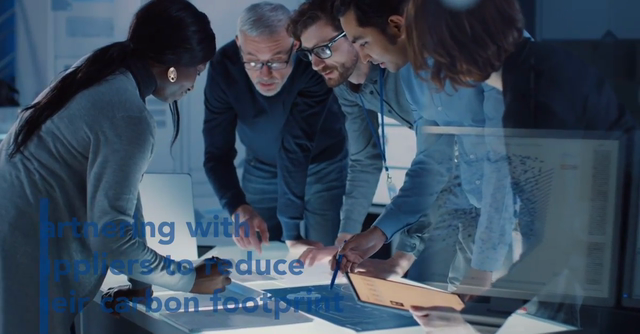Tetra Pak Commits to Net Zero Emissions
The company announces commitment to reach net zero greenhouse gas (GHG) emissions in its own operations by 2030, with the ambition to achieve net zero GHG emissions for the entire value chain by 2050
Tetra Pak commits to net zero emissions
LAUSANNE, Switzerland, July 28, 2020, /3BL Media/ - Today, Tetra Pak reconfirms its strategic priority in driving the sustainability transformation by setting an ambition for net zero emissions across the value chain by 2050, supporting this with an intermediate 2030 target of net zero carbon emissions across its own operations. The company will also set emissions reduction targets in line with 1.5°C according to the Science Based Targets (SBT) initiative across scopes 1, 2 and 3.
Tetra Pak was founded on the idea that a package should save more than it costs, with sustainability always at the core of how the company operates as a business. Since 1999, the company has been collecting data on energy use and greenhouse gas emissions from across the organisation on an annual basis, with its GHG accounts audited by an independent third party since 2013.
Lars Holmquist, Executive Vice President Packaging Solutions and Commercial Operations at Tetra Pak, said: “We have consistently delivered on our climate goals, right from the first goal set in 2002, again in 2005 and we are on track to meet our 2020 goal. In 2017, we were the first company in the food and beverage industry to have our climate impact reduction targets approved by the SBT initiative. More recently, we joined the European Alliance for Green Recovery, the first pan-European call for mobilisation on post-crisis green investment solutions. Today, we’re once again leading the way by setting ambitious net zero emissions targets that will drive transformation right across our sector and the entire value chain. The planet’s greatest environmental challenge demands nothing less from us.”
Tetra Pak will focus on four key areas to reach net zero GHG emissions across its own operations by 2030, and to realise its 2050 ambition along the entire value chain:
- Lowering energy-related emissions through energy conservation, improvements in energy efficiency, installing on site solar photovoltaics (solar PV) and purchasing renewable energy. Since 2011, Tetra Pak has invested over €16 million in energy efficiency, preventing energy use from increasing by 23% over this period. To date the company has installed approximately 2.7 MW of solar PV (or about 8000 panels), delivering low carbon electricity whilst saving operational costs. A member of the RE100 initiative, Tetra Pak has gone from 20% use of renewable electricity in 2014 to 69% in 2019, and it is on track to achieve its 2020 target of 80%. This journey included the installation of solar panels across its operations and the purchasing of renewable certificates, with the company being one of the first to do so in countries such as Thailand and South Africa.
- Partnering with suppliers and other stakeholders along the value chain to significantly reduce carbon footprint. Tetra Pak is working with suppliers to cut upstream carbon emissions, including setting ambitious renewable energy targets and increasing the use of renewable and recycled materials, which are critical to make a low carbon circular economy possible.
- Accelerating the development of its low carbon circular packaging and equipment portfolio and working to help customers achieve their emission reduction targets. A step change in investment levels in sustainable innovation is helping the company to realise its ambition of a fully recyclable package made solely from renewable or recycled materials as well as to offer processing and packaging lines with minimal carbon footprint.
- Developing sustainable recycling value chains, via collaboration with customers, waste management companies, recyclers, municipalities, industry associations and equipment suppliers. Tetra Pak’s vision is that all beverage cartons can be collected for recycling, and zero beverage cartons become litter or are sent to landfill.
Lars Holmquist concluded: “Ten years ago we set a climate goal to cap our 2020 impact across the value chain at 2010 levels, while growing the business. This helped us save 12 million tonnes of GHG emissions to date. We believe that our ability to set and demonstrate progress in line with science and societal expectations, our innovation drive and the collaborative approach across the value chain put us all on the right path to achieve our new ambition.”
END
ABOUT TETRA PAK
Tetra Pak is the world's leading food processing and packaging solutions company. Working closely with our customers and suppliers, we provide safe, innovative and environmentally sound products that each day meet the needs of hundreds of millions of people in more than 160 countries. With over 25,000 employees around the world, we believe in responsible industry leadership and a sustainable approach to business.
Our promise, “PROTECTS WHAT’S GOOD™," reflects our vision to commit to making food safe and available, everywhere.
More information about Tetra Pak is available at www.tetrapak.com
Notes to Editors
- The GHG Protocol Corporate Standard classifies a company’s GHG emissions into three ‘scopes’. Scope 1 emissions are direct emissions from owned or controlled sources. Scope 2 emissions are indirect emissions from the generation of purchased energy. Scope 3 emissions are all indirect emissions (not included in scope 2) that occur throughout the value chain of the reporting company, including both upstream and downstream emissions. Tetra Pak’s 2050 net zero emissions ambition covers every aspect of the value chain; from the raw materials sourced all the way through to how products are handled after use. More than 80% of the GHG emissions from the company’s value chain actually come from suppliers in the production of raw materials and from customers’ sites when they use Tetra Pak processing and packaging equipment.
- In May 2020, Tetra Pak has joined the European Alliance for a Green Recovery, launched by the European Parliament with a view to build a better future post the COVID-19 pandemic. The alliance gathers stakeholders to support a green recovery plan that puts the fight against climate change, the protection of biodiversity, and resilient food supply chains at the centre of Europe’s economic policy for the next seven years (2021 – 2027).
- In 2019, for the third year in a row, Tetra Pak has been included the CDP leadership band for Climate and Forests. According to the company’s reporting in 2019, Tetra Pak scored double ‘A’ by CDP for leading efforts against climate change and protecting forests earlier this year, thus becoming part of a small number of high-performing companies (2%) out of thousands that were scored.
- In 2019, Tetra Pak, together with its supplier Braskem, has become the first company in the food and beverage industry to responsibly source plant-based polymers using the Bonsucro standards for sustainable sugar cane. The Bonsucro Chain of Custody Certification can be used to communicate credible information to consumers, thereby helping customers differentiate their products. This move is yet another reinforcement of the company’s commitment to drive ethical and responsible business practices across global supply chains, while lowering the carbon footprint of its packaging.
- In 2017, Tetra Pak has become the first company in the food packaging industry to have its climate impact reduction targets approved by the Science Based Targets (SBT) initiative. SBT is a partnership between CDP, WRI, WWF and UN Global Compact that mobilizes companies to set emissions reduction target in-line with climate science.
- In 2016, Tetra Pak joined RE100, committing to increase its use of renewable electricity to 100% across all global operations by 2030. RE100 is a global, collaborative business initiative led by The Climate Group in partnership with CDP to drive demand for, and delivery of, renewable power.
MEDIA CONTACTS
Lucia Freschi Hannah Mughal
Tetra Pak Edelman for Tetra Pak
Tel: +00 39 3472632237 Tel: (0)7811 978305

